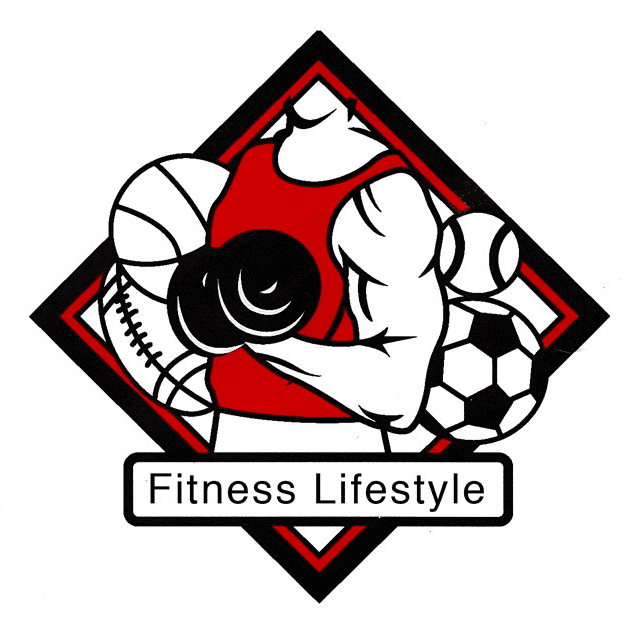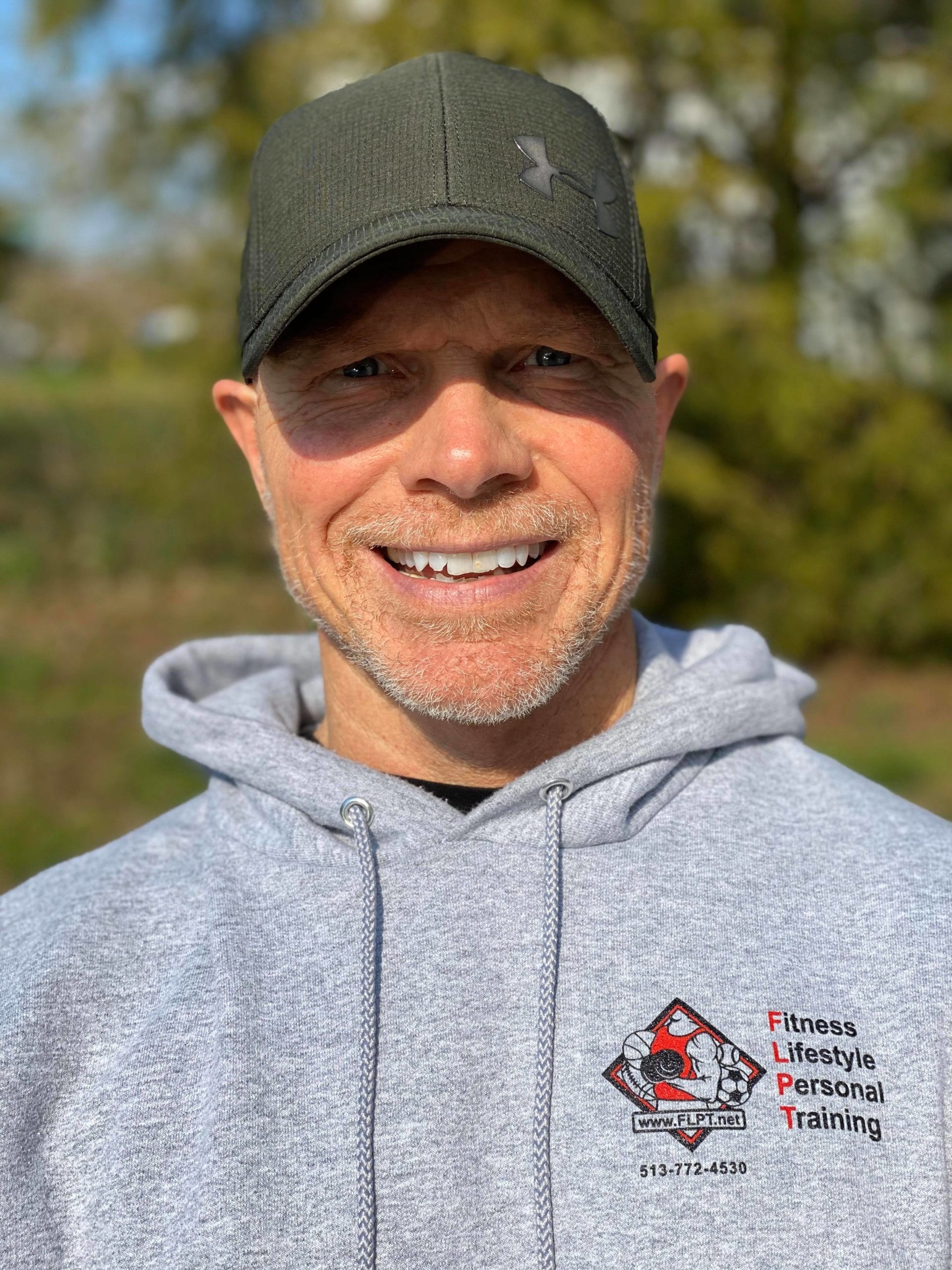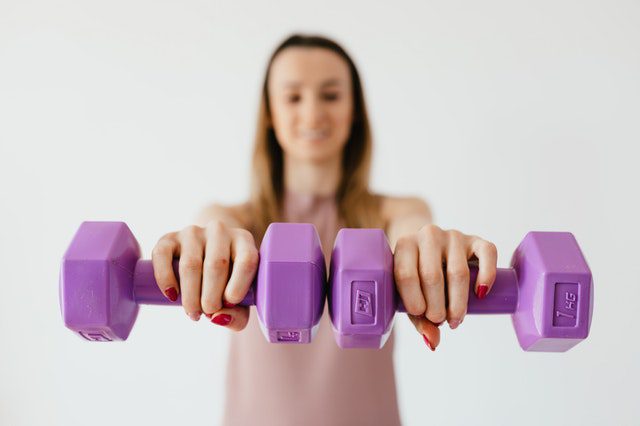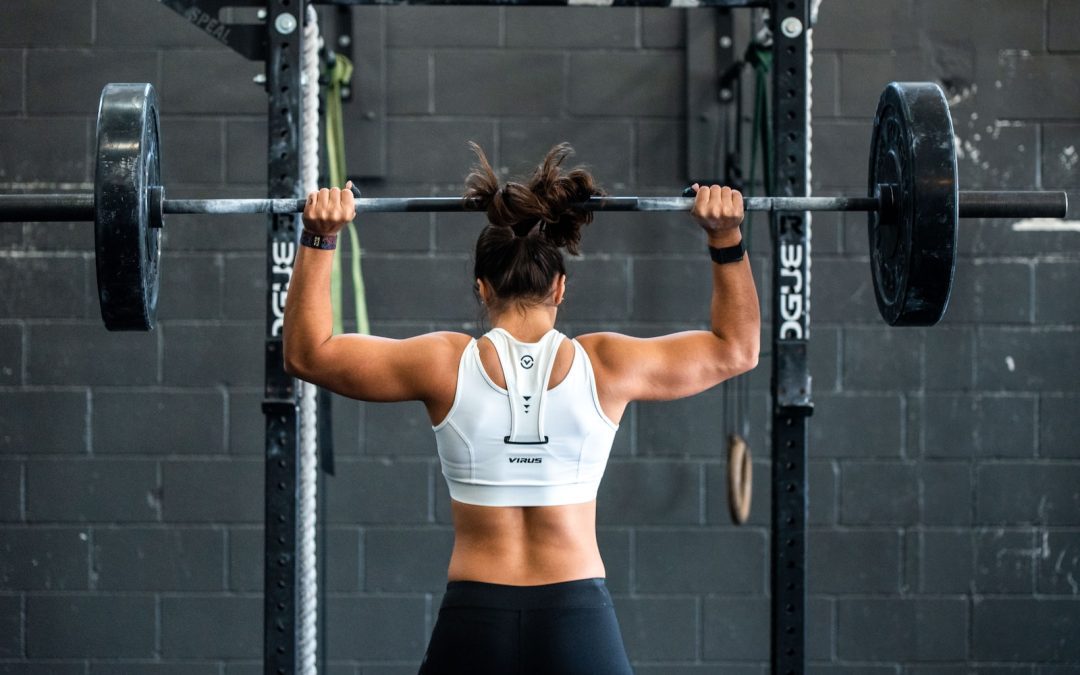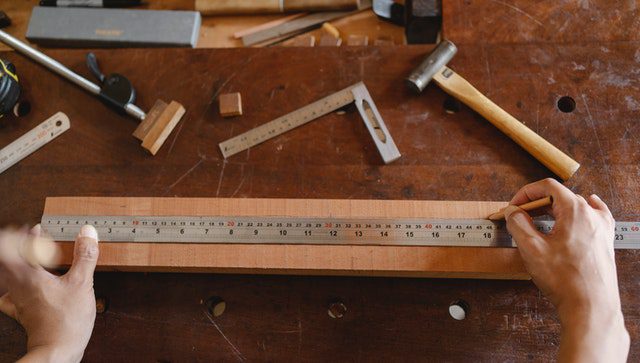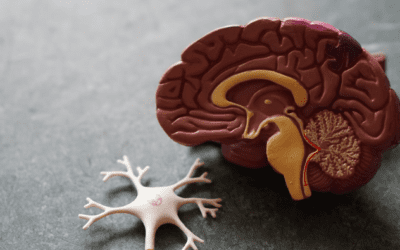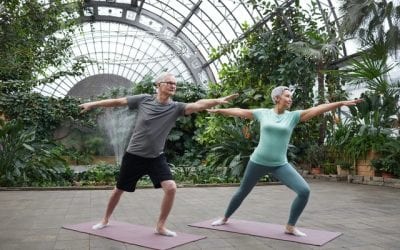Gratitude and fitness results are more connected than most people realize. Practicing gratitude can improve motivation, boost recovery, and help you stay consistent with your workouts and nutrition plan.

Today I’m talking about how cultivating gratitude can directly impact your fitness goals and how to start building this powerful habit today.
If you’ve ever hit a plateau in your fitness journey, you know how frustrating it can be. The usual response is to double down and train harder, cut more calories, or push yourself past the point of enjoyment.
But what if one of the most powerful tools for better results wasn’t a new workout plan or stricter diet… but gratitude?
Research shows that regularly practicing gratitude can have a measurable impact on your health, motivation, and even your fitness performance. In other words, gratitude and fitness results are more connected than you might think.
Table of Contents
The Science Behind Gratitude and Fitness Results
Gratitude is more than just a fleeting “thank you.” It’s a mindset that shifts your focus from what’s lacking to what’s already good in your life.
This shift can have several science-backed benefits for your fitness:
- Lower Stress Levels: Gratitude can reduce cortisol, the stress hormone that can interfere with recovery and fat loss.
- Improved Recovery: A positive mindset helps regulate inflammation and supports your immune system.
- Better Sleep Quality: Grateful people tend to fall asleep faster and enjoy deeper rest, which is essential for muscle growth and repair.
- Higher Motivation: Gratitude increases intrinsic motivation, making it easier to stick to your workouts and nutrition plan.
Why Gratitude Helps You See Results
When you focus on the positive, you’re more likely to take consistent action. Instead of punishing yourself for missed workouts or imperfect meals, you start celebrating your progress, no matter how small. This builds momentum and reduces the “all-or-nothing” mindset that derails so many fitness plans.
For example, someone keeping a gratitude practice might be more likely to:
- Appreciate the progress they’ve made, even if it’s slow.
- Notice the energy boost from eating nourishing foods.
- Stay consistent with workouts because they feel like a privilege, not a chore.
How to Start a Gratitude Practice That Supports Your Fitness
Like training a muscle, gratitude gets stronger the more you use it. Here are two easy ways to build the habit:
1. Keep a Gratitude Journal
Every day, write down three things you’re grateful for, whether they are big or small. They could be as simple as having the energy to finish a workout, the support of a friend, or enjoying a delicious, healthy meal.
The key is to pause and actually feel the gratitude as you write it down. This mental-emotional connection helps cement the benefits.
2. The Subtraction Exercise
Think about something important in your life: a skill you’ve built, your current health, a supportive relationship. Now imagine your life without it.
This mental contrast makes you appreciate it more and, according to researchers, boosts happiness and gratitude.
Connecting Your Gratitude to Fitness Goals
To make gratitude a tool for better fitness results, try these specific strategies:
- Post-Workout Reflection: At the end of each workout, note one thing you’re grateful your body could do today.
- Nutrition Wins: Instead of focusing on “slip-ups,” record the meals that made you feel energized and satisfied.
- Milestone Mindset: When you hit a PR (personal record) or complete a tough program, take a moment to appreciate the effort it took to get there.
Common Questions About Gratitude and Fitness Results
Q: How can showing gratitude improve workout consistency?
By focusing on what you enjoy and appreciate about training, you’re more likely to keep showing up.
Q: Can gratitude help with workout recovery?
Yes. Gratitude reduces stress hormones and supports better sleep, both of which are essential for recovery.
Q: What if I don’t exactly feel grateful right now?
Start small. Even acknowledging something as simple as having the time and space to work out can help shift your perspective.
Final Thoughts
When we talk about gratitude and fitness results, we’re really talking about the mindset shifts that make long-term progress possible. Practicing gratitude for better workouts isn’t just about feeling positive it’s about noticing and appreciating what your body can do right now. That awareness can make training more enjoyable, which in turn keeps you consistent.
Your gratitude fitness mindset might start with something small, like appreciating the energy you had for a tough session, or being thankful for the time and space to exercise. Over time, this habit can change how you see your training. Workouts stop feeling like an obligation and start feeling like an opportunity.
Studies on gratitude and exercise performance show that athletes who actively practice gratitude often recover faster, manage stress better, and feel more motivated to push themselves. The same principles apply whether you’re a beginner, returning after a break, or training for a specific goal.
Mindset and fitness results are closely linked because what you believe about your progress influences the actions you take. If you focus on what’s going well, you’re more likely to keep going and small, consistent actions create big results over time.
Incorporating positive psychology and fitness together means you’re not only building strength and endurance but also resilience, patience, and self-trust. That’s why gratitude is such a powerful tool: it supports both the physical and mental sides of health.
So whether your aim is better performance, sustainable habits, or simply enjoying the process more, making space for gratitude in your routine can help you get there… and stay there.
Your Next Step
If you’re ready to take a holistic approach to your health, start by assessing your lifestyle balance. Are your workouts, nutrition, sleep, and mindset all working together?
